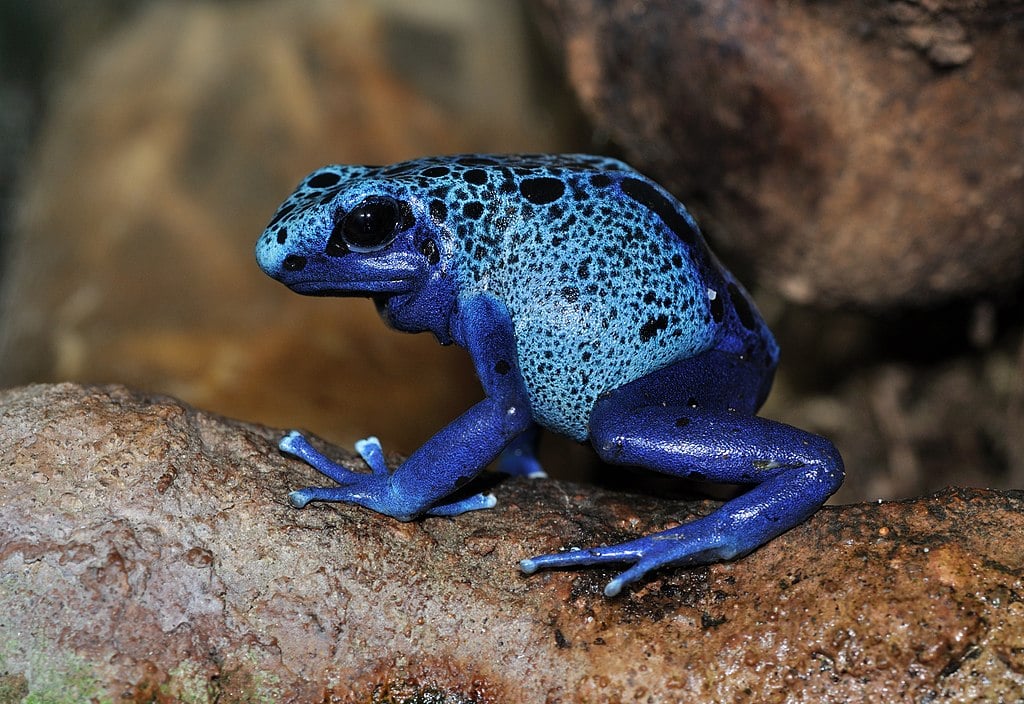A new UN Report says that the rates of species extinction is accelerating and the number of animal and plant species under threat of extinction is at a record high as a result of human activities. Land and marine-based habitats have experienced significant impacts within the last few decades with the exception of Indigenous Peoples and Local Communities-managed areas.
—
What is Happening?
- A landmark new report from the Intergovernmental Science-Policy Platform on Biodiversity and Ecosystem Services (IPBES) finds that “nature is declining globally at rates unprecedented in human history and the rate of species extinctions is accelerating, with grave impacts on people around the world now likely.”
- Approximately 1 million animal and plant species are currently under threat of extinction, many of which can disappear within decades, not years. It’s a record-high number of species under threat.
- Most major land-based habitats have been lost by at least 20%, mostly since 1900.
- More than 40% of amphibian species, almost 33% of reef-forming corals and more than a third of all marine mammals are currently threatened.
- In 2015, 33% of marine fish stocks were being harvested at unsustainable levels; 60% were maximally sustainably fished, with just 7% harvested at levels lower than what can be sustainably fished.
- Research from the report also found significant erosion in the land- and marine-based environments. Human activity such as logging, mining and coastal development have significantly altered and potentially permanently damaged three-quarters of the land-based environment and about 66% of the marine environment. However the report has found that the impacts have been less severe or avoided in areas held or managed by Indigenous Peoples and Local Communities.
- Land degradation has reduced the productivity of 23% of the global land surface.
- Plastic pollution has also exacerbated the rapid loss of biodiversity and animal species. The report has found plastic pollution to be ten times higher since 1980, and about 400 million tons of heavy metals and toxic waste enter the world’s waters every year.
“We are eroding the very foundations of our economies, livelihoods, food security, health and quality of life worldwide,”said IPBES Chair, Sir Robert Watson. Despite harrowing new facts emerging, Watson believes there’s still hope and that it’s not too late to make a difference. “But only if we start now at every level from local to global. Through ‘transformative change’, nature can still be conserved, restored and used sustainably – this is also key to meeting most other global goals. By transformative change, we mean a fundamental, system-wide reorganisation across technological, economic and social factors, including paradigms, goals and values.”
You might also like: Are Endangered Species In Hong Kong Being Well Protected?


















